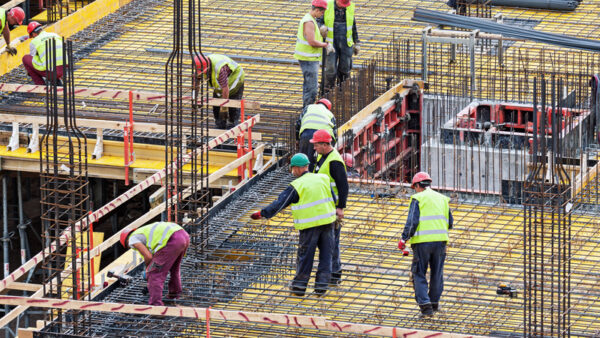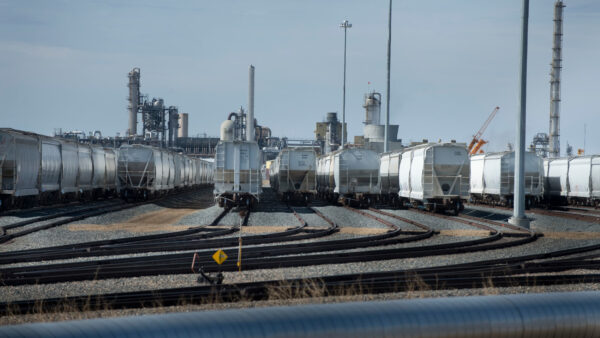
Confidence in China’s embattled property sector took another hit this month when a major Shanghai developer revealed it had filed a $1.38bn lawsuit against a steel company accusing it of selling plots of land that turned out to be heavily contaminated in the city of Suzhou, west of Shanghai.
Shanghai Lujiazui Financial and Trade Zone Development Co., Ltd (Lujiazui Corp) filed the suit against Jiangsu Suzhou Iron and Steel Group Co., Ltd (Suzhou Steel) in the Jiangsu Provincial Higher People’s Court, alleging that 14 of 17 plots of land its subsidiaries bought in 2016 were contaminated to a degree far exceeding the condition described by Suzhou Steel at the time.
Lujiazui Corp’s suit is also aimed at four other entities: the Suzhou Environmental Science Institute; an environmental technology company; a national industrial zone management committee; and the Suzhou Municipal Natural Resources and Planning Bureau 3.
Its suit says the defendants “committed a series of violations, committed fraud, and failed to perform their duties in accordance with the law”.
Lujiazui Corp revealed the action in a filing to the Shanghai Stock Exchange published on 4 November.
In it, Lujiazui Corp said the case had been accepted to be heard by the Jiangsu Provincial Higher People’s Court. Court proceedings had not begun at the time of Lujiazui Corp’s filing.
According to Chinese state media, concerns were raised in 2021 when an international school that had been built on one of the plots in question went through a process of obtaining a school permit.
Lujiazui Corp’s filing states: “Since 2022, environmental investigations by the company and other parties have determined that 14 pieces of land … are polluted, and the polluted area and degree of pollution far exceed the pollution conditions disclosed by Suzhou Steel Group when it was listed for sale.”
Speaking to South China Morning Post, about the case, Yin Ran, a start-up and property investor in Shanghai, said: “The case will further siphon off interest in investing in China’s property market. It is the best example that shows the high risks in the country’s real estate industry.”










